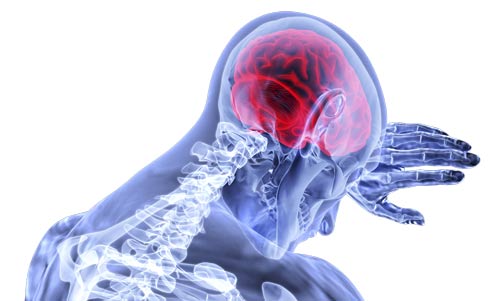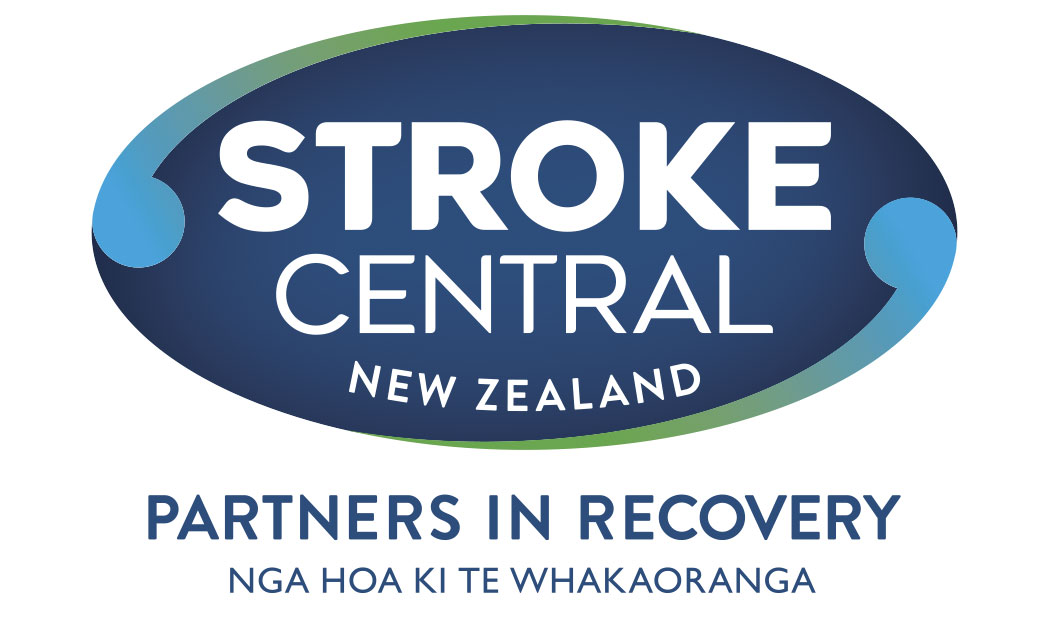For Carers
About Caring
A professional carer is usually known as a caregiver, and a carer is often the persons partner. Carers come from all walks of life and vary in age, ethnicity, culture, outlooks and characteristics. What they have in common is a shared belief in helping others to have quality of life. But caring is not an easy task. The strain on the carer is often huge and it is very important for carers not to forget to also take good care of themselves!
You and your loved one affected by stroke will probably experience the stroke as overwhelming personal tragedy. Suddenly, you may have to cope with serious physical, psychological, emotional, social and financial consequences. Caring for someone after a stroke can be time-consuming and frustrating, but it is important to help the person relearn skills and regain their confidence, rather than do everything for them.
Joining a Carer Support Group can relieve some of the stress you are under as a carer. Many areas have specific support groups for carers, and some marae and churches also provide support services. Of course you can also always rely on the support from your local Stroke Field Officer.

DHB Stroke Advice
The Ministry of Health advised DHBs that they should establish protocols for telephone assessments that include the following recommendations:
A good plan would be to:
Any information you are given or future arrangements given to you by the assessor, repeat out loud.
